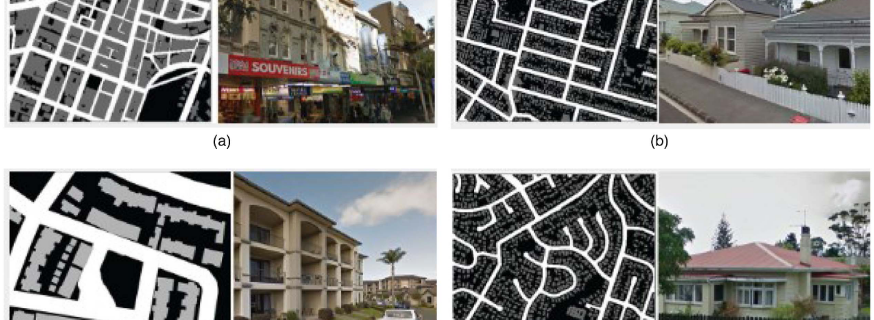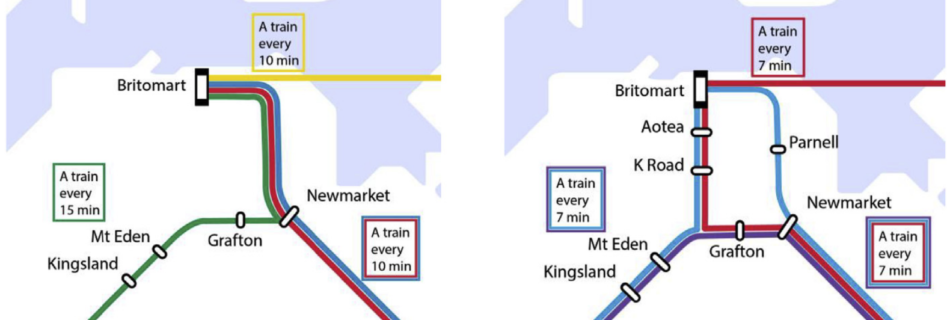A Critical Review of Social Justice Theories in Public Transit Planning
One of the most common areas in public transit planning that has been under investigation is the inclusion of “social justice”. In its simplest form, social justice demands more equitable access for all residents to resources that are provided by a city. However, public transit plans are typically guided by maximising tangible measures such as …
Read more “A Critical Review of Social Justice Theories in Public Transit Planning”



